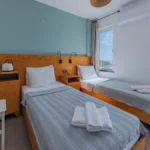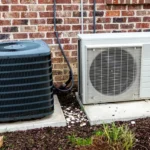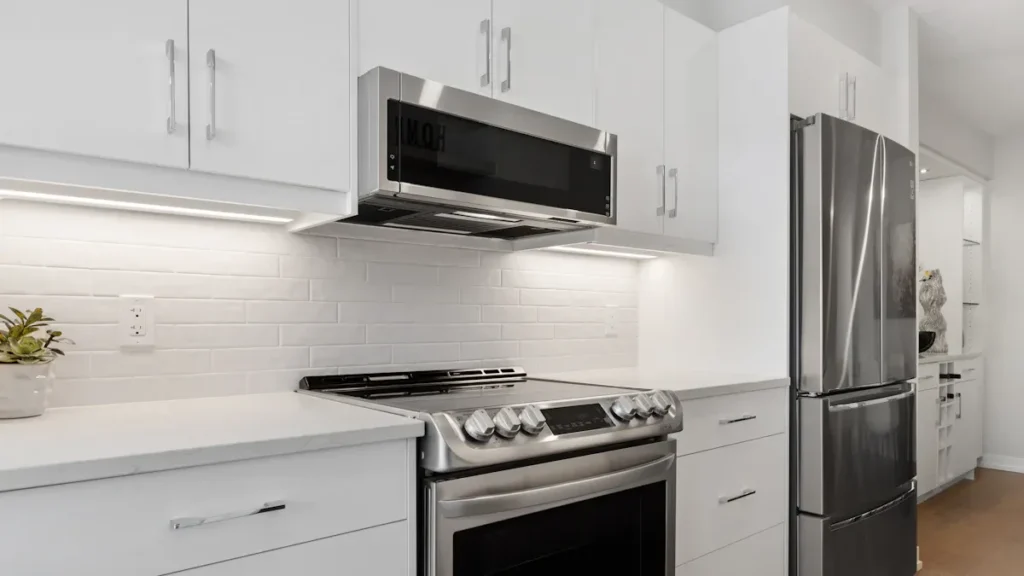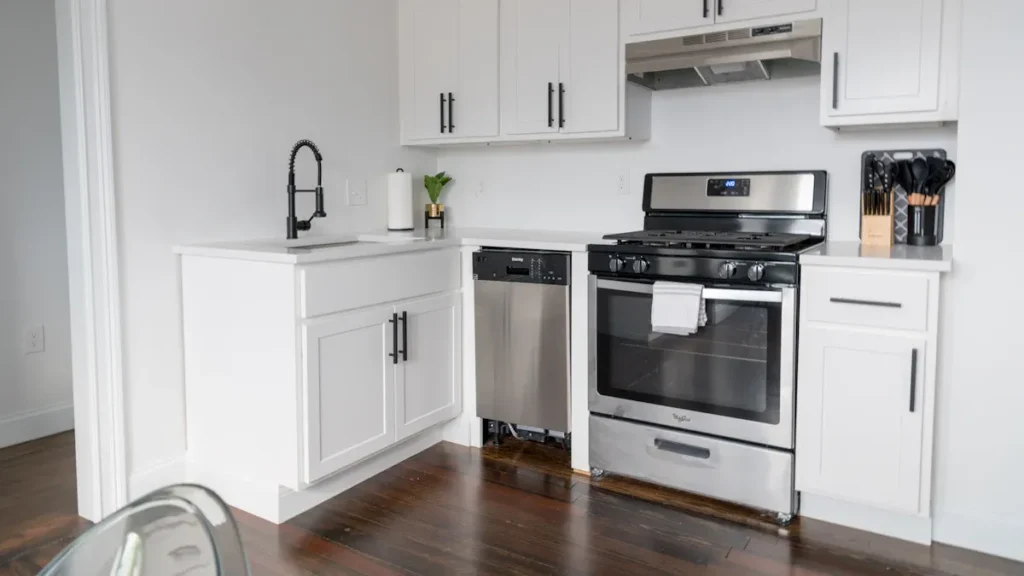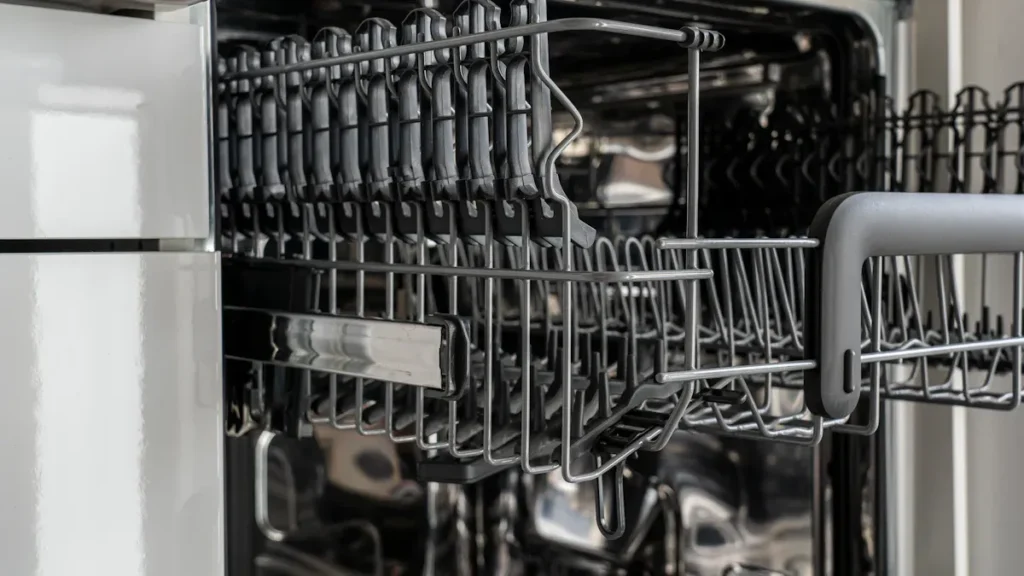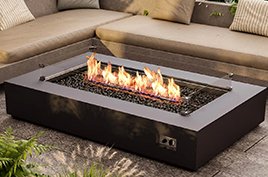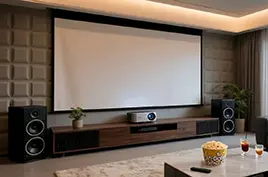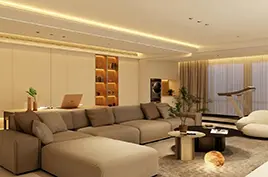When people think of air conditioning, they usually imagine bulky units mounted outside their homes, humming away during summer. But what if installing an outdoor unit isn’t possible? Maybe you live in a high-rise apartment, a historic building with exterior restrictions, or a rental property where outdoor modifications are prohibited. Fortunately, there is a solution: monoblock air conditioner (air conditioner without outdoor unit).
In this article, we’ll explore what these systems are, how they work, and the advantages and limitations of using an indoor-only air conditioner. Whether you’re dealing with installation restrictions or simply looking for a more aesthetic cooling solution, understanding this technology could help you make a better decision for your living space.
What Is a monoblock air conditioner?
A monoblock air conditioner is a self-contained cooling system that does not require a separate outdoor unit. All components, including the compressor, condenser, and evaporator, are housed in a single indoor unit, making it a convenient choice for apartments, heritage buildings, or spaces where installing an external condenser is not possible.
These systems are sometimes referred to as a wall mounted air conditioner without outdoor unit or a split AC without outdoor unit alternative. They connect to the outside via small ventilation ducts through a wall, allowing for heat exchange without the need for bulky external equipment.
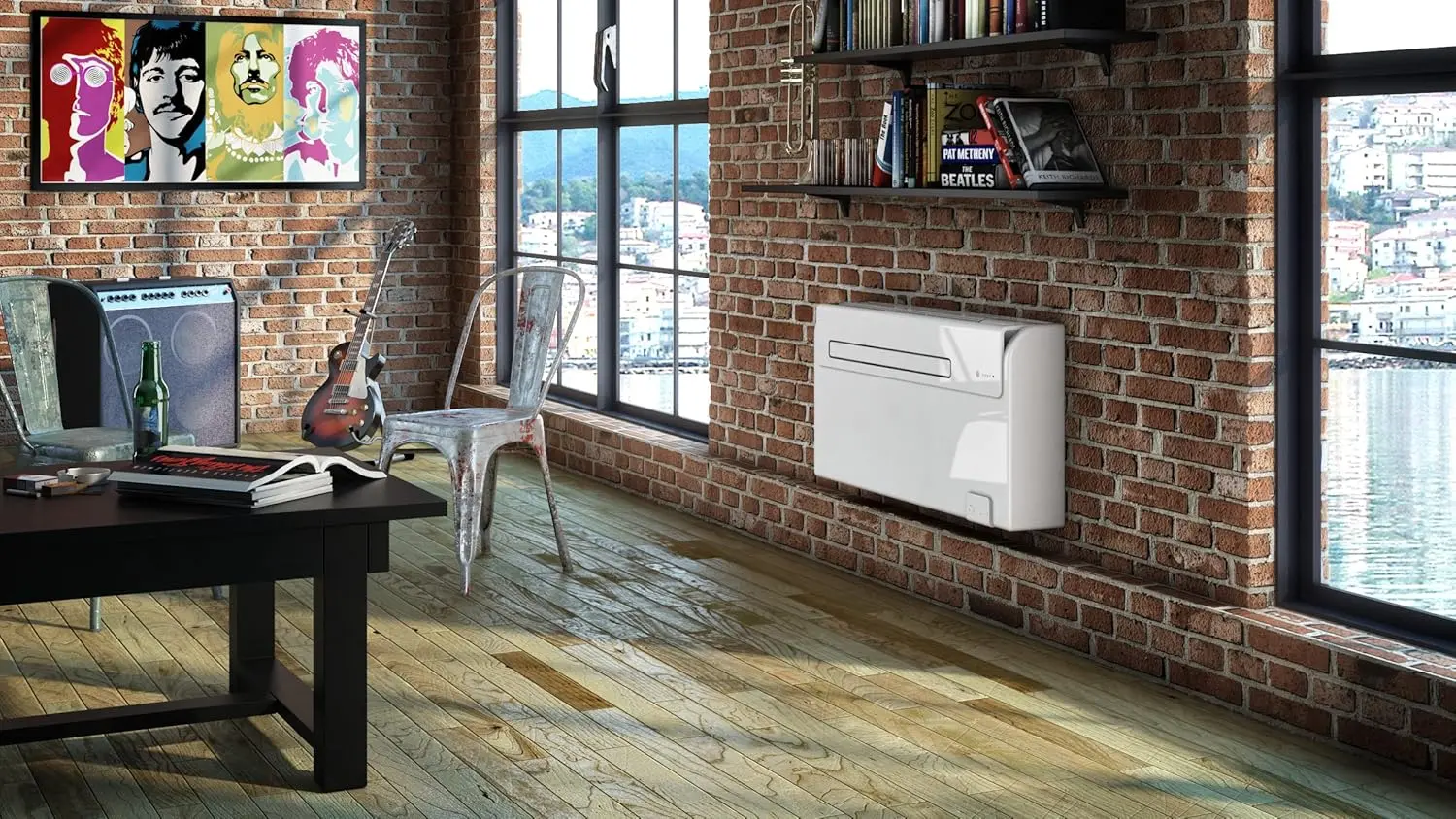
Main Types of Air Conditioners Without Outdoor Units
There are several main types of indoor-only air conditioning systems. Each comes with its own advantages and installation requirements:
1. Portable AC Without Outdoor Unit
Mobile models that can be moved between rooms, venting through a window or wall opening.
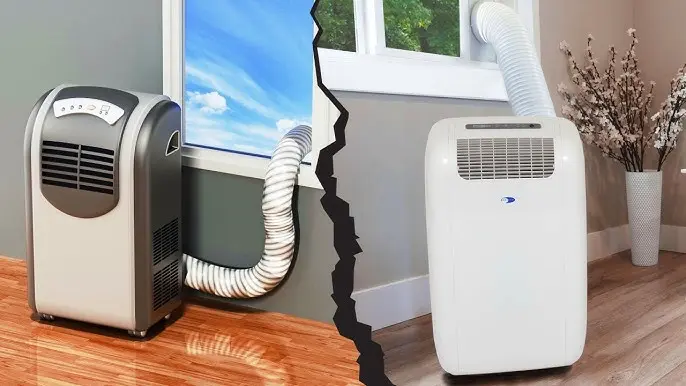
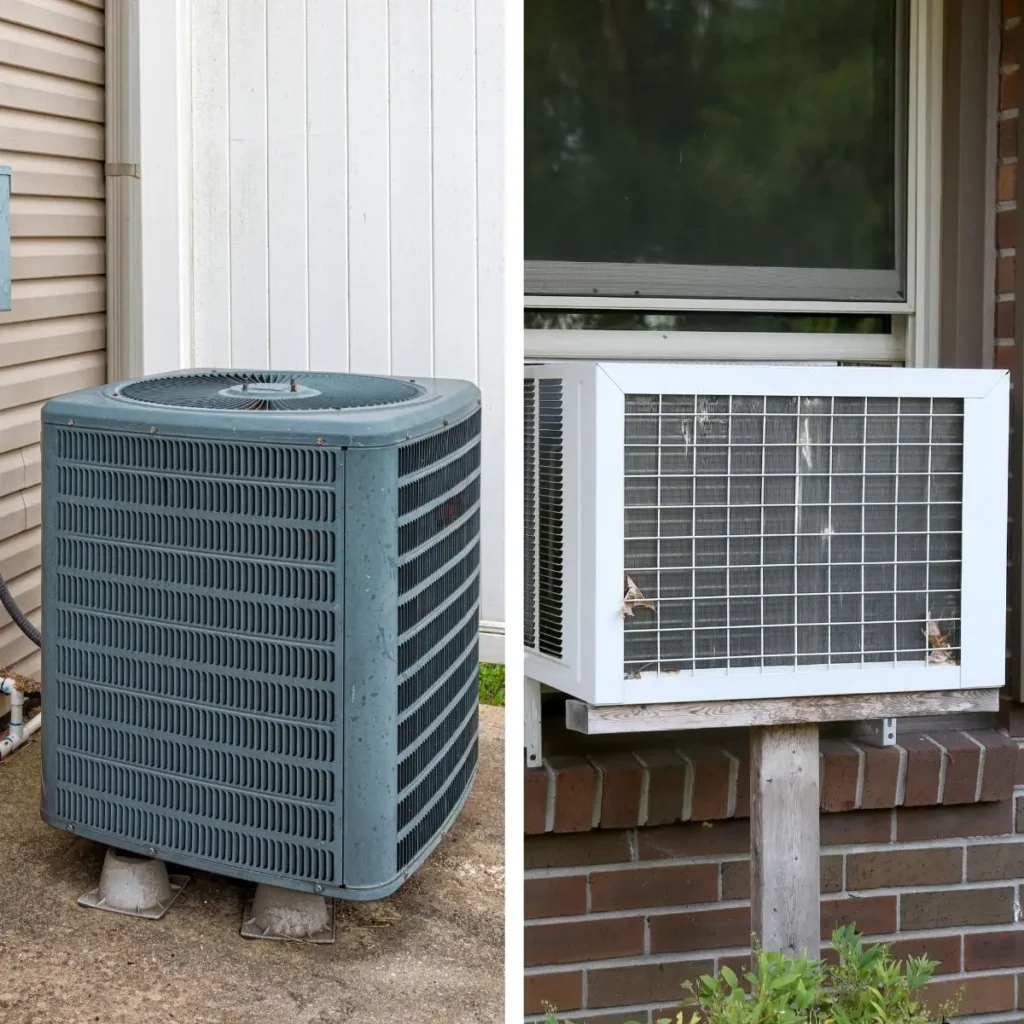
2. Window Air Conditioners
- Mounted directly into a window frame.
- No separate outdoor unit, but part of the system extends outside.
- Ideal for single rooms, especially in rental units.
3. Through-the-Wall Monoblock Units
- Installed through an exterior wall with only small air grilles visible from the outside.
- More permanent and efficient than portable ACs.
- Suitable for apartments, condos, and even some commercial spaces.
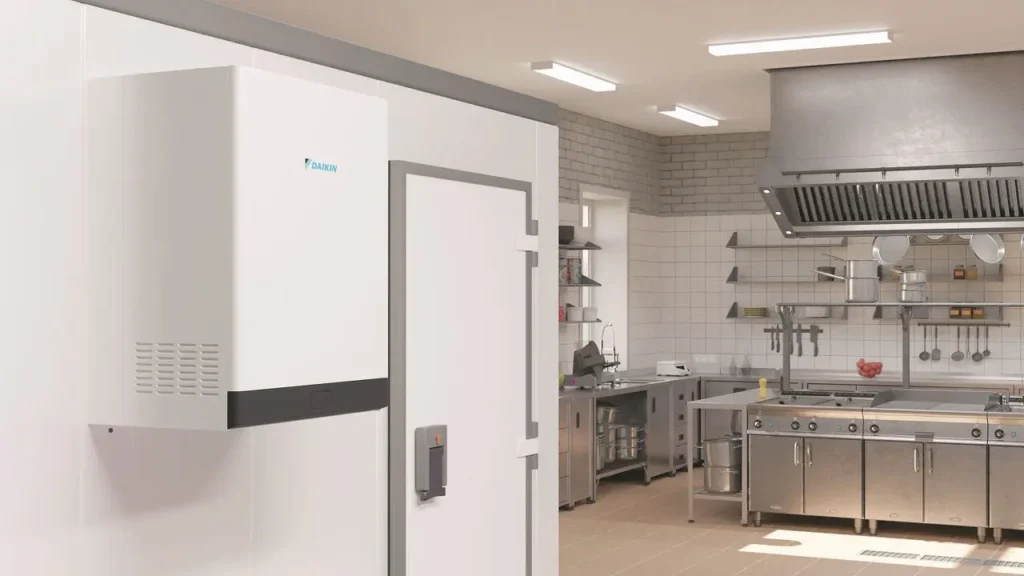
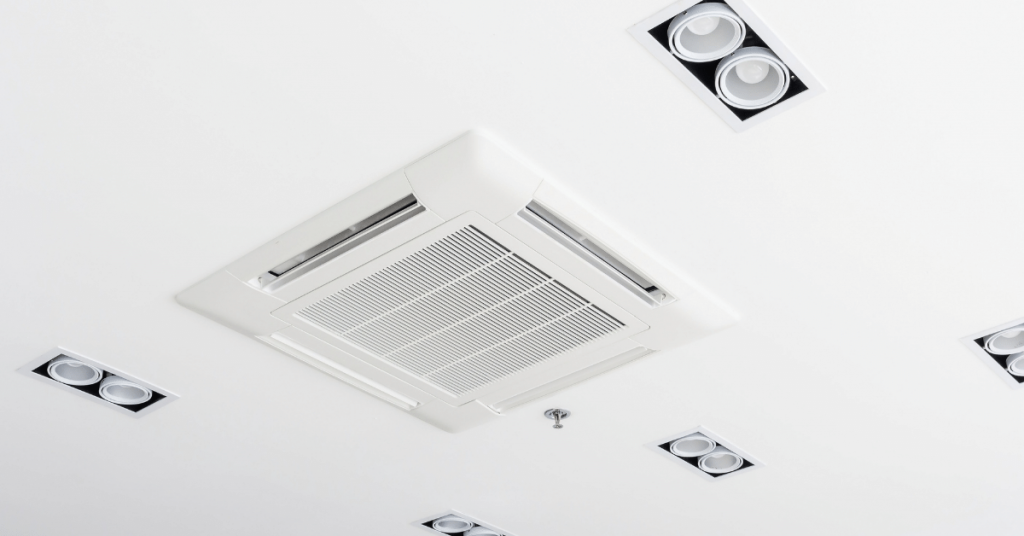
4. Water-Cooled Internal AC Systems
- These do not require any external vent.
- Use water instead of air for heat exchange.
- Typically used in luxury apartments or buildings with central water systems.
5. Monobloc Heat Pump
Functions as both a heater and cooler. A heat pump monobloc can provide year-round climate control.

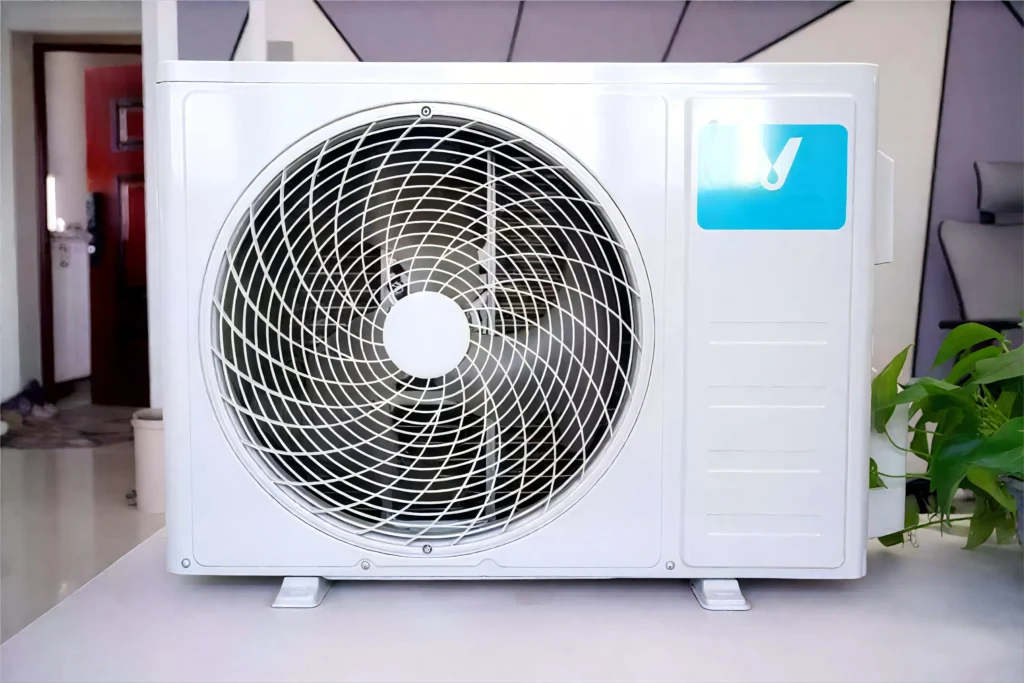
6. Sutro or Specialized Indoor Models
In some markets, these are sold as airco monoblock or aircon without outdoor unit systems.
Advantages of Air Conditioners Without Outdoor Units
1. Easy Installation

A wall mounted air conditioner without outdoor unit can be installed quickly without heavy construction work. Most models only need two small wall openings for ventilation.
2. Aesthetic Appeal

Without an outdoor compressor, the building’s exterior stays clean and uncluttered. This is ideal for historic or design-sensitive properties.
3. Versatility

Air conditioners without outdoor units can be used in places where external units are restricted, such as apartments or heritage-listed buildings.
4. Quiet Operation

Modern monoblock air conditioners use insulated casings and advanced fans to keep noise levels low, making them suitable for bedrooms and offices.
5. Lower Maintenance

With all components indoors, an AC without outdoor unit is easier to service and less exposed to weather damage.
Limitations and Considerations
While air conditioners without outdoor unit offer many benefits, they also come with trade-offs:
1. Cooling Capacity
Most monoblock air conditioners have limited cooling power and may not effectively cool large rooms or open-plan areas. For bigger spaces, traditional split or multi-split AC systems might be more suitable.
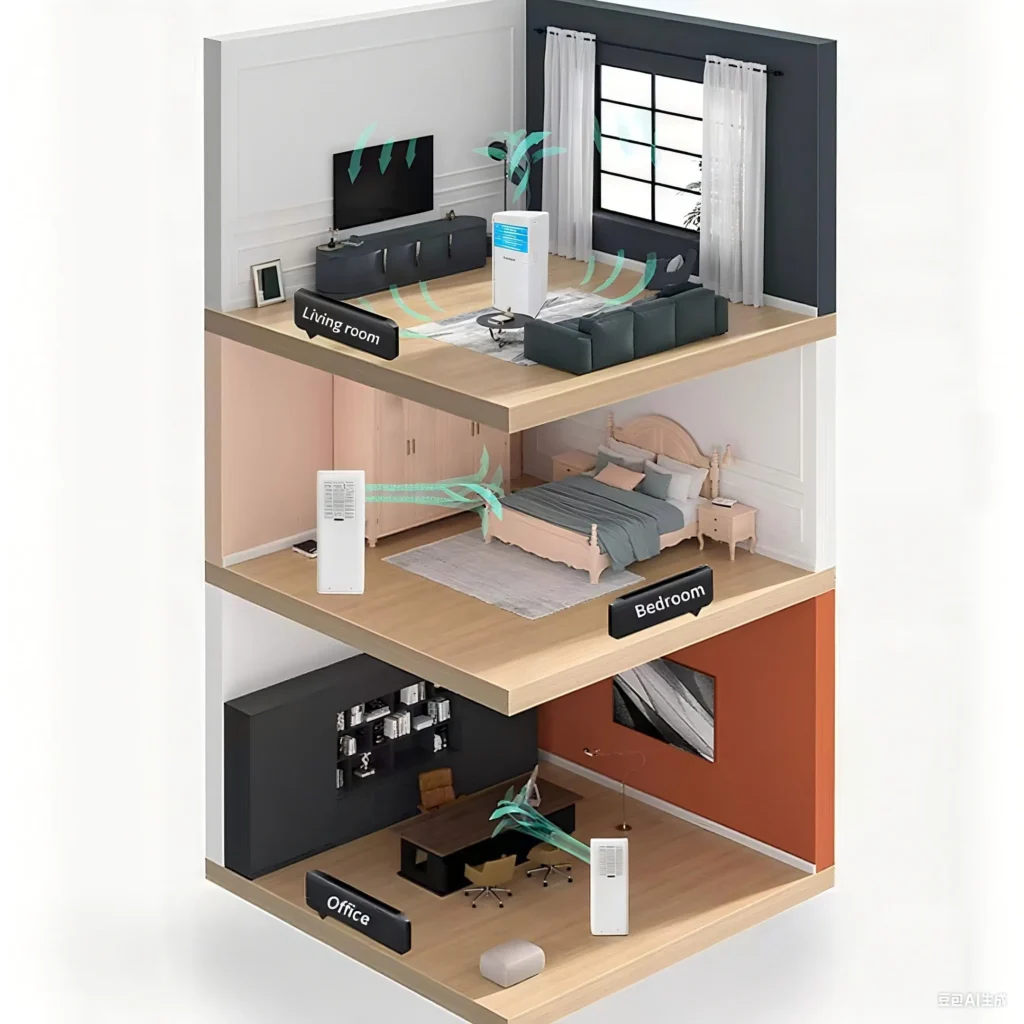
2. Energy Efficiency
Some models consume more energy compared to split systems due to compact size and reduced heat exchange efficiency.

3. Moisture Management
Without proper drainage, condensation can build up. Most systems include a water tank or automatic drainage, but it’s something to monitor.

4. Aesthetic Compromise
Even though there’s no bulky external unit, visible vents or hoses may still affect room aesthetics unless professionally concealed.
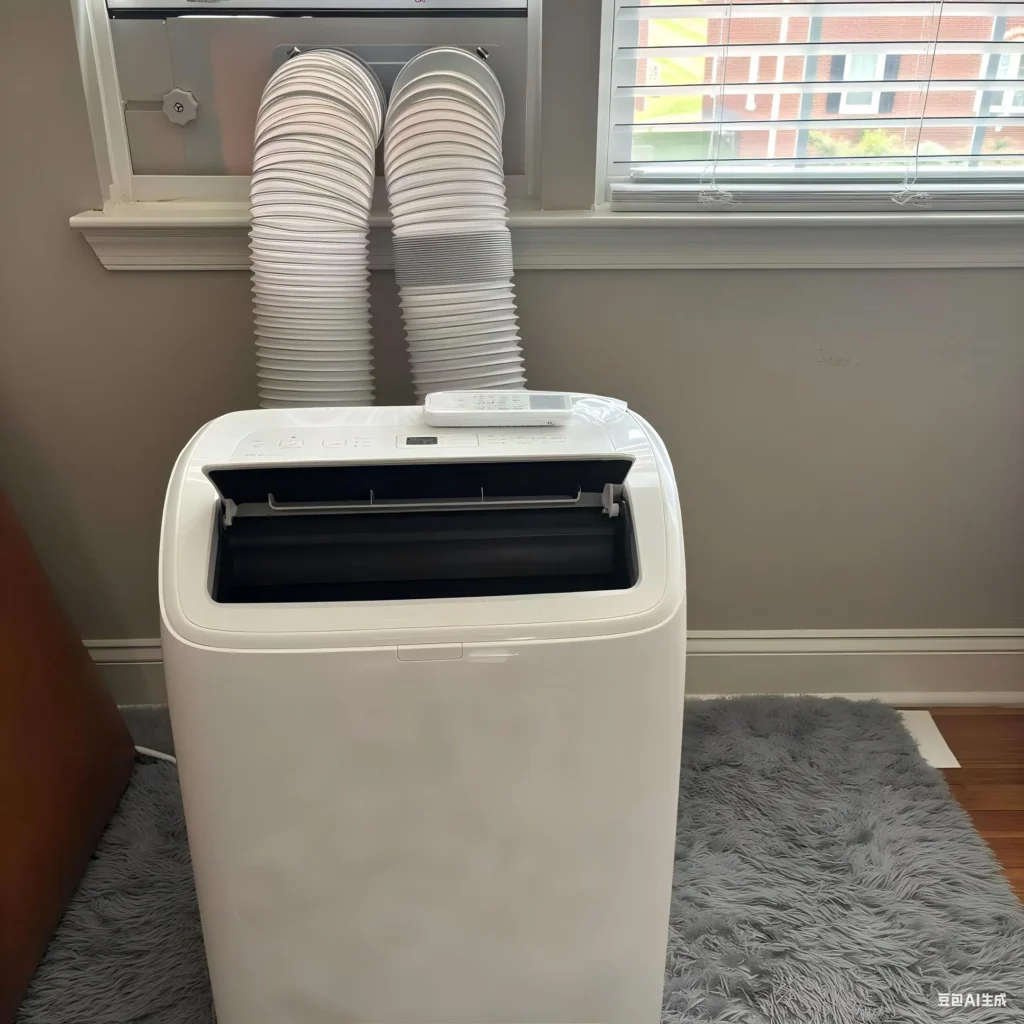
Ideal Use Cases for Indoor-Only Air Conditioners

Urban Apartments
Many apartment complexes or condos have strict rules against installing outdoor units. A monoblock air conditioner provides an effective cooling solution without violating these restrictions.

Heritage Buildings
In historic or heritage-listed buildings, altering the exterior is often prohibited. Indoor-only AC systems like aircon without outdoor unit let you enjoy modern comfort without compromising the building’s protected façade.

Small Offices and Studios
Compact indoor-only units are perfect for cooling small workspaces, home offices, or studios where installing traditional split systems would be difficult or unsightly.

Temporary Installations
If you’re renting or need seasonal cooling, portable or easily removable AC without outdoor unit models offer flexibility and convenience without permanent changes.

Supplemental Cooling
In homes where existing HVAC systems fail to cool certain rooms effectively, adding a monobloc heat pump or airco monoblock unit can provide targeted, efficient cooling and heating as a supplement.
What to Look for When Buying
If you’re considering an air conditioner without an outdoor unit, here are a few things to check before buying:

Cooling Capacity (BTU/hr)
Choose a unit with the right cooling power for your room size. A monoblock air conditioner that’s too small won’t cool effectively, while an oversized one wastes energy.
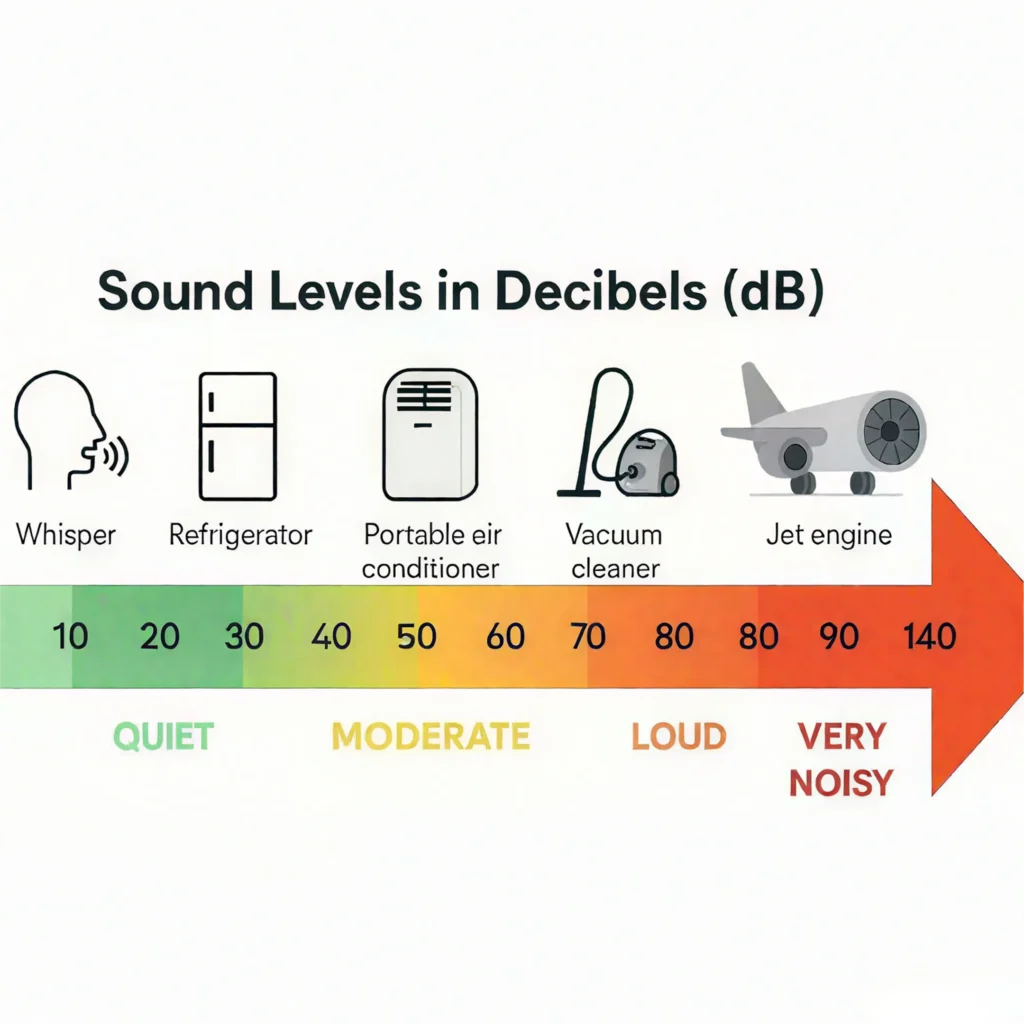
Noise Level (dB)
Check the noise ratings, especially if the unit will be installed in bedrooms or quiet spaces. Modern wall mounted air conditioners without outdoor units often include noise reduction features.
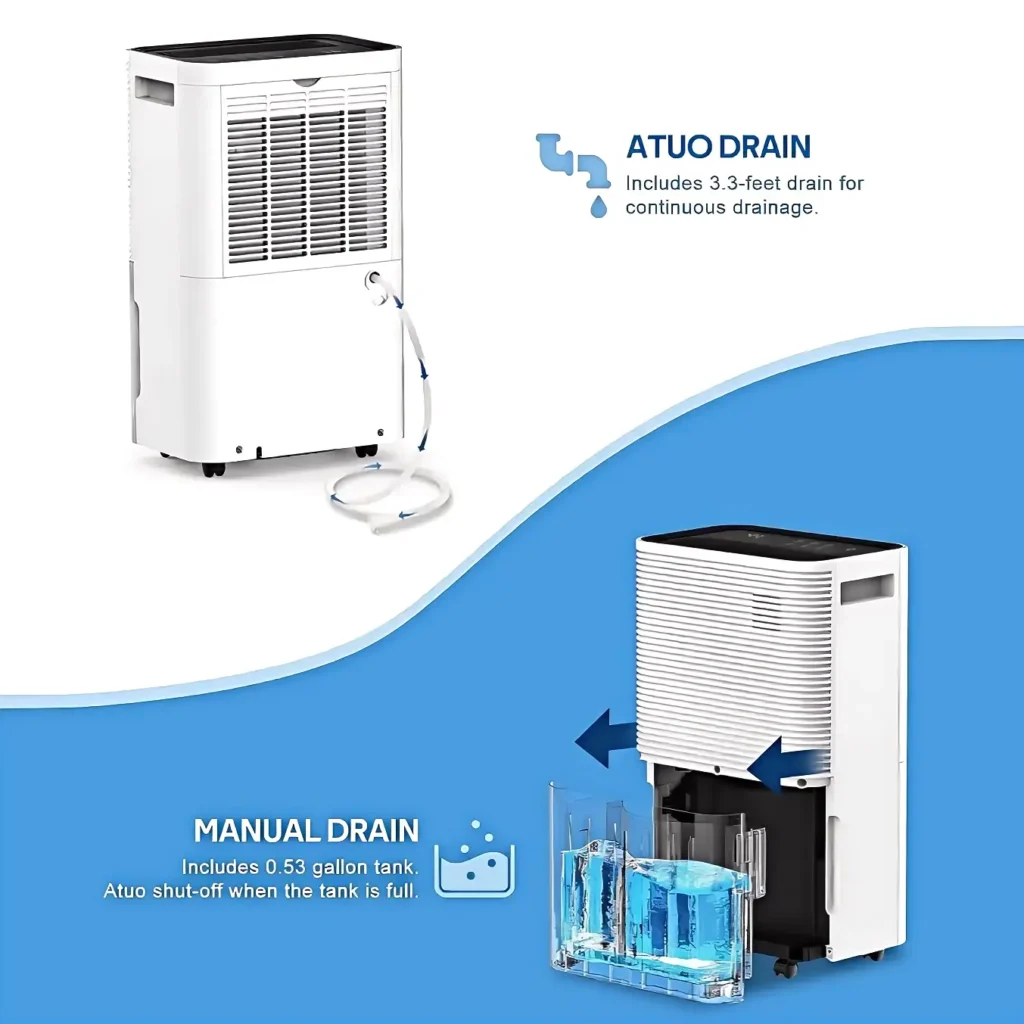
Drainage Method
Some models collect condensation in a manual water tank you need to empty regularly. Others feature self-evaporative systems that drain automatically, reducing maintenance.
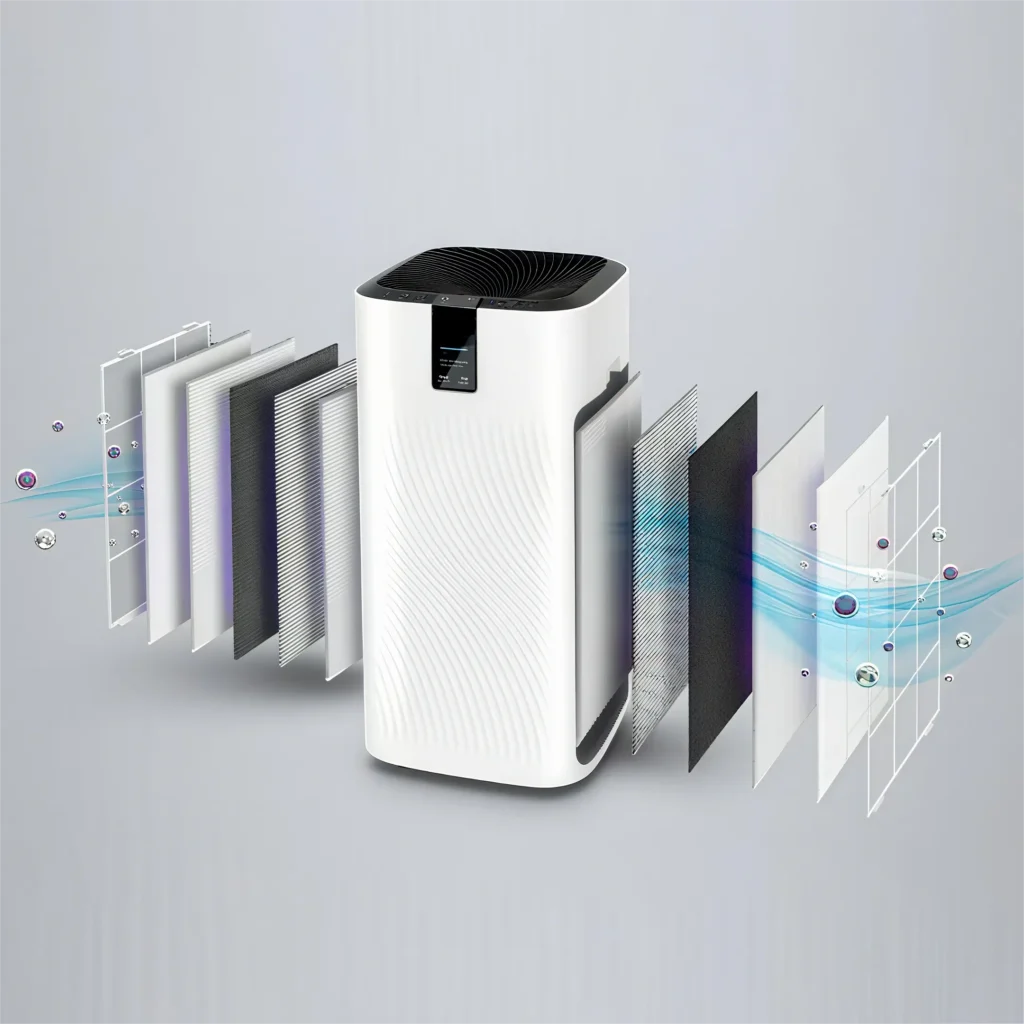
Air Filtration Features
Look for units with HEPA filters, ionizers, or other purification functions to improve indoor air quality while cooling.
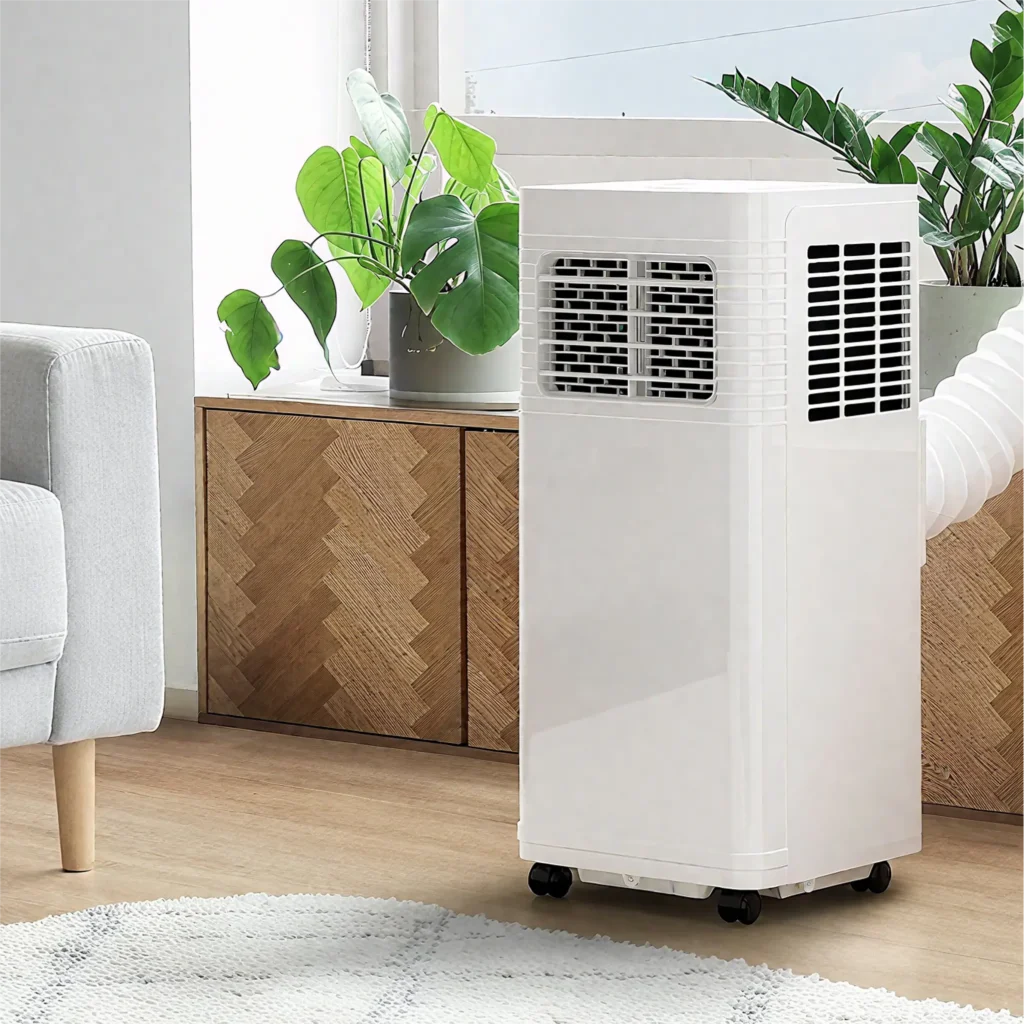
Portability
If you plan to move the unit between rooms, consider a portable aircon without outdoor unit model with caster wheels and easy venting options.
Final Thoughts
Yes, you can definitely have an air conditioner without outdoor unit. These systems offer a practical and space-saving alternative for those living in apartments, heritage buildings, or any place where traditional outdoor installations aren’t allowed.
However, they are not one-size-fits-all. Understanding your space, your cooling needs, and your aesthetic preferences will help you decide if this option is right for you.
If you’re seeking a cooling solution that’s easy to install, minimally invasive, and doesn’t involve noisy outdoor units, a monoblock air conditioner or a portable system might be the perfect match.


